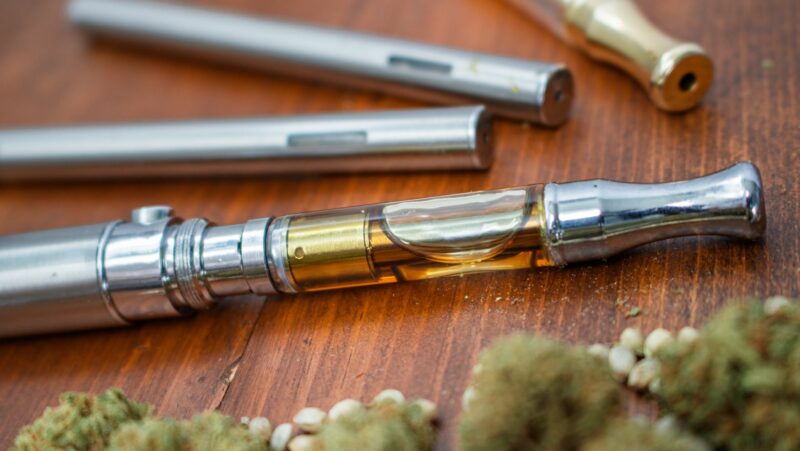
Overcoming an opioid addiction can be one of the most difficult challenges anyone ever faces. The road to recovery is usually long and bumps are to be expected along the way. Although relapse is a common phenomenon, it doesn’t have to become part of your story. With determination, knowledge, and a proactive approach you can minimize the chances of relapse.
Tips for Preventing Opioid Addiction Relapse
Recovering from an opioid addiction can be challenging, but there are steps you can take to minimize the chances of a relapse. This can include recognizing signs of relapse, reaching out for additional support, practicing coping skills
Understand the Signs and Symptoms of Relapse
Relapse is a common occurrence in the journey of addiction recovery, but it doesn’t have to be an inevitable one. By understanding the signs and symptoms of relapse, you can take proactive steps to prevent it and maintain your lasting sobriety. Early warning signs often manifest in emotional, mental, and physical cues, which may initially seem subtle yet can have a significant impact on your well-being.
Emotional red flags, such as mood swings, irritability, and social isolation, can suggest an increased susceptibility to relapse. Mentally, if you notice yourself rationalizing substance use or romanticizing previous experiences with drugs or alcohol, this could be an indication that your resolve to stay clean is weakening. Physically, you may experience changes in appetite, and sleep patterns, or neglect self-care practices.
Obtain a Sober Coach or Addiction Counselor
In order to optimize your chances of successfully overcoming addiction, it is essential to have a comprehensive support system in place. One key aspect of this support network involves seeking the guidance of a professional who specializes in addiction recoveries, such as a sober coach or addiction counselor.

These experts not only understand the complexities of addiction but also possess the skills and resources needed to provide personalized, organized assistance throughout your recovery journey. There are many resources that are available for different types of opioid addictions, including methadone and morphine addiction treatment. You may also check website like flaglerhealing.com which offers variety of modern techniques and traditional methods to recover from addiction.
Practice Mindful Strategies and Coping Skills
Incorporating mindful strategies and coping skills into your daily routine can be a transformative approach when it comes to preventing opioid relapse. Being organized about the methods you adopt is crucial to achieving a sense of mental balance and resilience. By practicing present-moment awareness, you can cultivate the ability to recognize triggers or stressors that could lead to a relapse.
Moreover, engaging in habits such as deep breathing exercises, journaling, or seeking support from a network of understanding individuals, can empower you with the strength to navigate through the challenging moments of your recovery journey.
Exercise Regularly and Foster a Healthy Lifestyle
Developing an organized routine and incorporating exercise into daily life is a powerful method to foster a healthy lifestyle and prevent opioid relapse. Engaging in regular physical activity not only strengthens the body and mind but also releases endorphins that aid in combating stress, depression, and anxiety, which are common triggers for substance misuse.

By utilizing discipline and creating a consistent schedule that prioritizes physical wellness, individuals recovering from opioid addiction can actively mitigate the risk of relapse.
Build Positive Relationships with Others
By surrounding oneself with a supportive network of individuals who are empathetic and understanding, it becomes easier for the person in recovery to manage negative emotions, triggers, and cravings. Fostering these connections can occur through various avenues such as joining support groups, participating in counseling sessions, and engaging in activities that promote self-improvement and well-being. By investing in meaningful relationships and actively pursuing a healthy lifestyle, individuals who have struggled with opioids can begin to rebuild connections with their loved ones.
What Happens if You Relapse from an Opioid Addiction?
Relapsing is a common occurrence during the recovery process, and it doesn’t necessarily mean that an individual has failed. If relapse takes place, it is important to acknowledge this occurrence as a learning experience and use it as motivation to build resilience against future triggers. After a relapse, individuals should seek help from their support system and healthcare providers in order to assess the situation and create a plan for relapse prevention.











